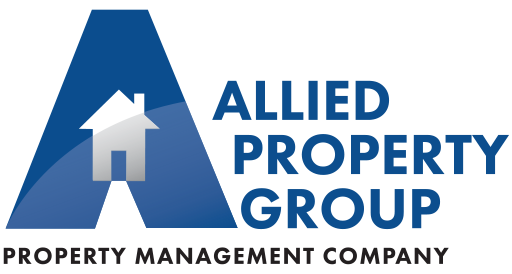By: Ana Sanchez Rivero
Some time last year in the summer, I turned on CNN, as I typically do to bring myself up to speed with the news. I was horrified at the video before me; it was showing an apartment building ablaze in London. According to reports, 79 people perished in that fire and more than 600 residents were impacted by this fire that quickly spread through the 24-story apartment building. I immediately began thinking, could this happen here.
Not only did this incident impact me, it also impacted Florida Governor Rick Scott’s decision to veto Committee Substitute for Committee Substitute for House Bill 653. In his letter to the Secretary of State dated June 26, 2017 Governor Scott wrote, “[w]hile I am particularly sensitive to regulations that increase the cost of living, the recent London high-rise fire, which tragically took at least 79 lives, illustrates the importance of life safety protections.” What was Govern Scott referring to? HB 653 would have allowed high-rise buildings from opting out of the Engineered Life Safety System (commonly referred to as ELSS) with a two-thirds vote from the membership.
In vetoing this bill, high-rise buildings have until December 31, 2019 to provide full sprinkler system protection throughout the building. A high-rise building, defined as a building greater than 75 feet in height, can “Opt-Out” of this requirement with a majority vote from the Board of Directors. However, associations that “Opt-Out” are required to implement an ELSS. To get more information on this requirement and to understand an ELSS better, I reached out to Robin Collier from Sprinklermatic Fire Protection Systems, Inc.
According to Robin, the ELSS is a report that provides an analysis of the building’s life safety components. It is prepared by a qualified engineer and essentially is a score-card that grades your building’s life safety features depending on the types of life safety systems the building currently has in place. The engineer will then make recommendations to bring the building up to code, which includes fire sprinklers throughout the common areas as well as one sprinkler head through the front door of each unit. High-rises are also going to be required to have integrated smoke detection and alarm system; as well as a system of approved compartmentalization to prevent a fire from spreading. It is crucial that an association understand the recommendations being made by the engineer. This is because as soon as an association signs off on this report, they have to meet its requirement.
Because this report looks at the various life safety components, several contractors will be working in your building at the same time. Robin recommends that the association retain the engineer to not only provide the ELSS report but also to serve as the conductor through this process. It is important to also discuss how these contractors are going to get paid and what is their exit strategy. Ideally the engineer should conduct the inspection of the work performed to ensure that the work was done in compliance with the plans and the contract.
Naturally, it is important that associations also involve their attorney to understand the agreements that they are entering into and help them navigate through the process. Board of Directors should take the time to get to know their engineer and contractors. Robin recommends that associations have the vendors do a presentation to inform the Board of the work to be performed and estimated time frame from beginning to end.
Robin is extremely passionate about this topic and we highly urge you to listen to this latest podcast of Community Association Matters. You can click here to listen in to this podcast. Don’t forget to subscribe to the podcast so that you don’t miss future episodes!



